Research - 'Rang-Tan', Iceland Uses Greenpeace Animation as Christmas Advert
- imogenwest98
- Feb 13, 2021
- 4 min read
In 2018, Iceland announced they would no longer be using palm-oil in any of their own branded products, in opposing deforestation of the orangutans habitat, to be replaced by palm-oil plantations. Where Iceland used the animated advert originally published by activist party Greenpeace, it was banned and removed as a christmas advert for its political references and background. As research and inspiration for my developing project, I wanted to watch and analyse the advert for various elements including the approach taken, what colours are used and what text, if any, is written. The majority of the advert, the first and last thirds, are as seen below - vibrant, colourful and engaging. Expressions, gestures and movements from the baby orangutan set an energetic mood for the advert - despite its encounter with a bottle of palm-oil shampoo, the baby orangutan is bouncy and playful.
The middle and second third of the animation can be understood from the captured images below. When asked why the orangutan is in the girls bedroom, the advert goes on to explain the destruction of the orangutans home. Dark, monochrome, bleak visuals showcase from the orangutans perception what happens to them and their habitat when humans destroy the forests they live within - most are killed and/or seperated. This whole section of the advert is both frightening and awakening - we are taken away from the colourful flamboyance of the orangutan we first meet, and the scene is flipped to convey the reality of deforestation. The contrast of the black and white background to the dark but significant orange of the suffering orangutans is a powerful technique to showcase their terrified, desperate reactions.
Back to the initial, but now softened, colour scheme of the bedroom-scenery, we are reminded through sadness and emotion, of why the orangutan is not within the habitat he should be. Now observing the sorrow left on the baby orangutans face, we cannot help but feel sorry for the destruction to occur everyday - provoking emotions of awkwardness, shame and guilt can be more than understood. The advert is certainly an emotional rollercoaster - from watching the playful monkey, clambering around the colourful bedroom, to be taken to a much darker, sinister animation, of which is so detailed it could be mistaken for genuine footage. The advert takes the baby orangutan we know at the start, and throws both him and our thoughts into the bleak reality of what is happening to our wildlife. From here the blow is softened for a second, by referencing back to and similarly repeating the opening scene.
Concluding the advert with mixed emotions, the final screen leaves us with a truly shocking statistic,of which many people would not have been aware of.
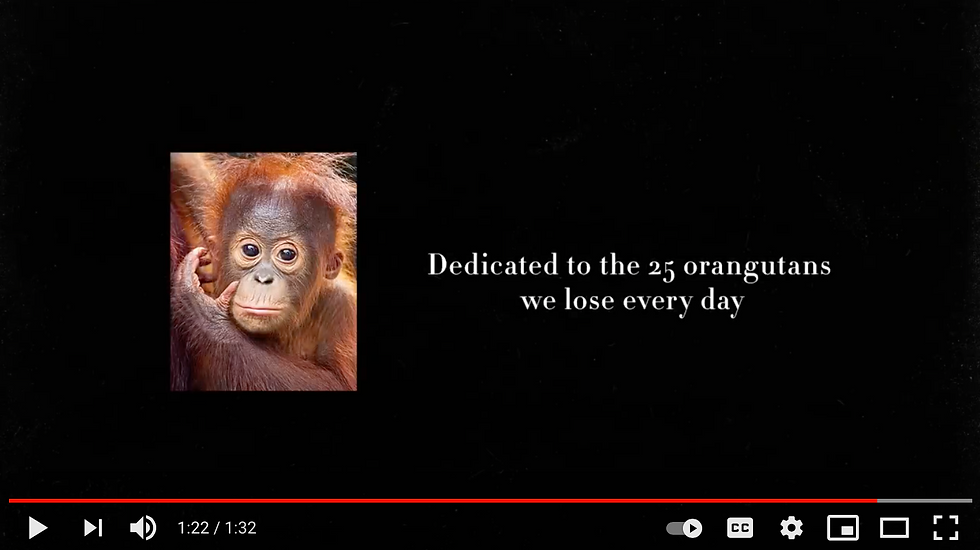
Having watched the advert, it is hard to not feel a sense of shock and cluelessness. It is hard to visualise and understand the traumatic processes that take place everyday, effecting our land and depleting the state of our climate - images through adverts and campaigns bring this visual reality to our minds and leaves us with not much else to think about.
The main elements to have composed this advert that stand out and inspire the development of my project, include;
- Use of emotions through body language and facial expressions - Use of emotional warning words (a voiceover was used across this advert) - Colour contrast - I have admired the use of both a colourful layout and the disruption of the daunting, black and white destruction scene. A significant contrast I think I will aim to take forward and develop throughout this project.
Advert link; https://www.youtube.com/watch?v=JdpspllWI2o
Article by Katia Moskvitch on the Iceland ad; Outcomes as a result?
- "...despite it not being aired the advert has been a roaring success for the supermarket."
- "The “ban” has triggered plenty of media coverage."
- "...100,000 orangutans have been killed in Borneo since 1999 due to deforestation, and palm oil production is partly to blame."
- "...the cute baby orangutan didn’t make it to TV because political ads are not allowed on British screens. There are strict rules around broadcasting anything that potentially has a political nature."
- "...a spokesperson for Iceland says. “However, it was never Iceland’s intention to use its Christmas advert to support a political campaign – rather to raise awareness and solidify our position on not using palm oil in food production.”
- "The ad has been very effective at bringing public attention to the issues at play. “If that helps rainforests, orangutans and other tropical wildlife, then that’s a good thing,” says Matthew Struebig, senior lecturer in conservation science at the University of Kent. “If they can direct their environmentally conscious consumers to products that are responsibly sourced, then they could make a real difference.”
- "Greenpeace argues that in Southeast Asia – especially in Indonesia and Malaysia – palm oil is a major driver of deforestation. In Malaysian Borneo, the organisation says, about 58 per cent of deforestation is caused by palm oil; in Indonesian Borneo, it's 40 per cent."



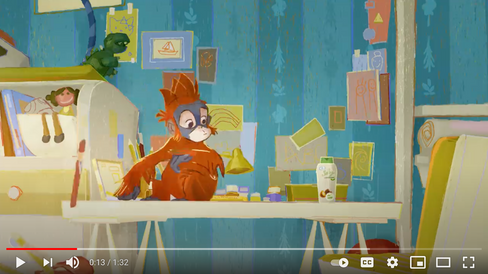

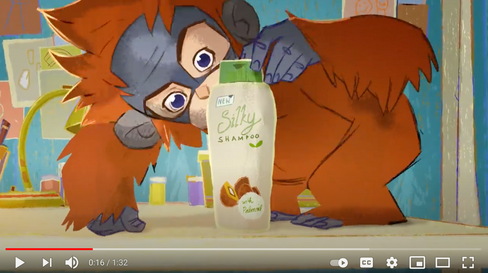







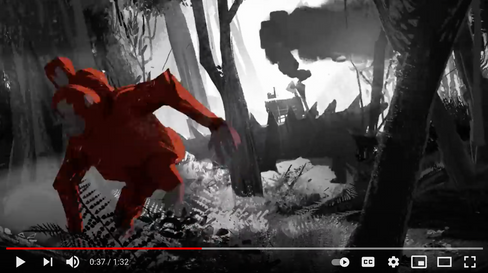



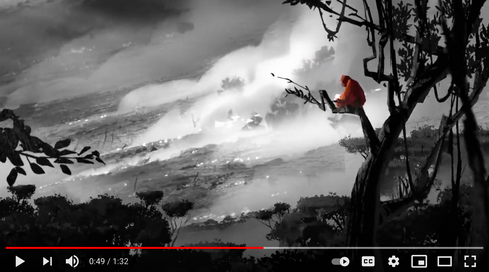

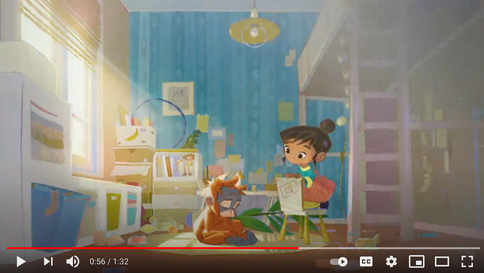






Comments